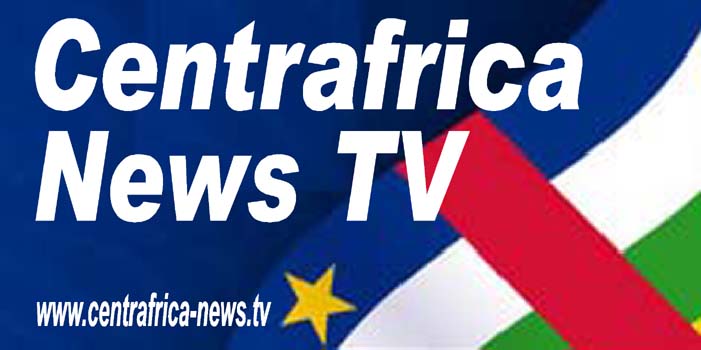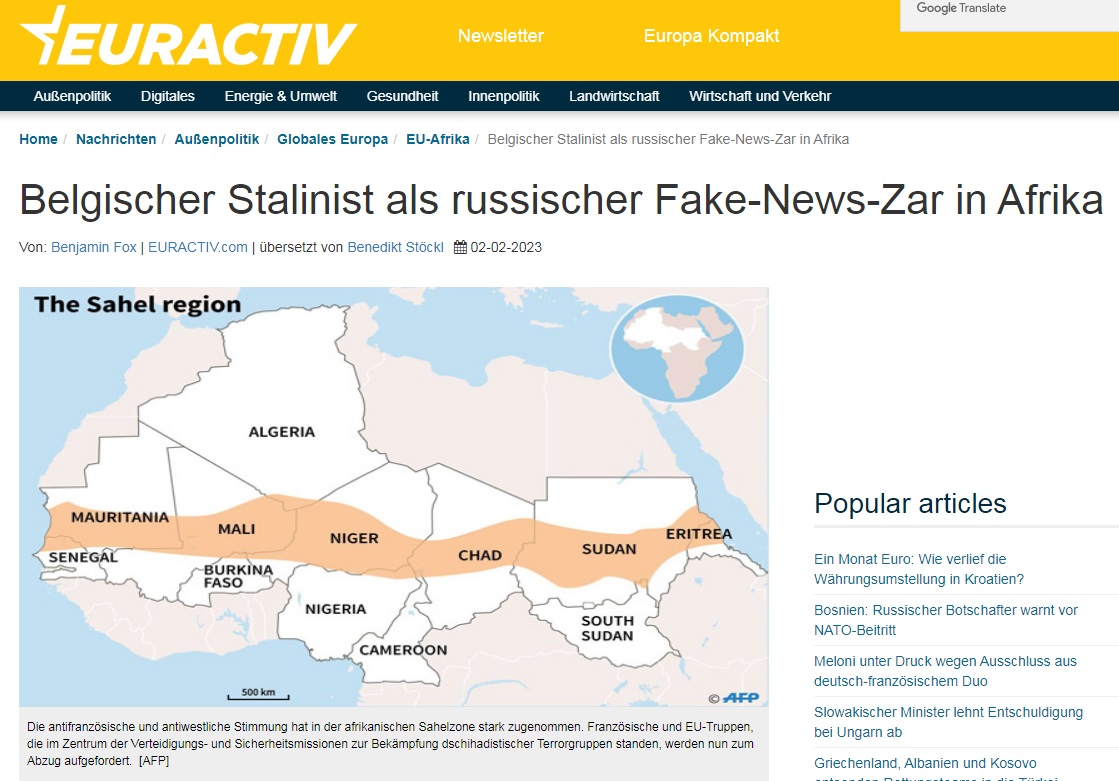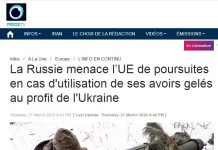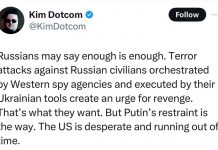From February 2 to 7, 2023, NATO’s massive international attack against the geopolitician Luc Michel and his pro-Russian networks of the ‘Russosphere’: more than 50 articles in 15 languages, TV shows, bogus « reports »…
BUT “Luc Michel, czar of Russian propaganda in Africa” (Euractiv, France) and “one of the greatest Kremlin propagandists in Africa” (TéléMoustique, Belgium), say the NATO media!
The Belgian (Flemish) daily newspaper De Morgen already wrote in December 2022: “Michel will now act as a geopolitical entrepreneur to enlarge the Russian sphere of influence in Africa: “a group of independent entrepreneurs, we have invented the concept of hybrid warfare. We work with Russia, but we don’t pay for security services. A hybrid war feeds on different ways: military, diplomatic and communication. I do the latter. “And then there is the Belgian, the activist Luc Michel, with whom it all started. He, together with the ideologue Jean Thiriart (…) with the organization of the elections, shaped the instruments of the reconquest of the Soviet empire and created a space, from Lisbon to Vladivostok”. Michel is delighted with the results of the last referendums in the People’s Republics of Luhansk, Donetsk,
* Also (in French) :
Luc Michel, Outline of hybrid warfare. My action as an “independent geopolitical entrepreneur”
on https://www.palestine-solidarite.fr/essai-de-la-guerre-hybride-ix-mon-action-en-tant-qu-entrepreneur-independant/
REVUE DE PRESSE :
TWITTER’S BAD WEEK: TELEGRAM SOMEHOW BECAME THE BATTLEGROUND”
(POLITICO & DIGITAL BRIDGE: RUSSIAN DISINFORMATION TACTICS — POSTCARD
“Telegram somehow became the battleground,” Aleksejeva (expert from Riga) told me. The platform, which Russian authorities had once tried to ban, was already home to a “Star Wars” cantina-style mishmash of jihadists, Western extremists and more mainstream personalities like politicians and pundits (sic). Yet Telegram’s failure to conduct almost any content moderation — combined with the ease that users could share content on the platform — made it susceptible to Kremlin efforts to spread their messages to often-fringe groups.
That’s part of Moscow’s evolving game plan when it comes to spreading lies about its invasion of Ukraine. Gone are the glitzy state media packages about how Russian soldiers are liberating Ukraine, though those narratives are still broadcast in places like Latin America and Sub-Saharan Africa. For Western audiences, the Kremlin’s tactics are now more niche: to use fringe platforms like Telegram to target specific pro-Russian online voices versus previous attempts to bombard anyone who would listen to Russian disinformation.”
http://www.lucmichel.net/
https://twitter.com/LucMichelPCN/
https://www.facebook.com/Pcn.luc.Michel/
https://vk.com/lucmicheltv










